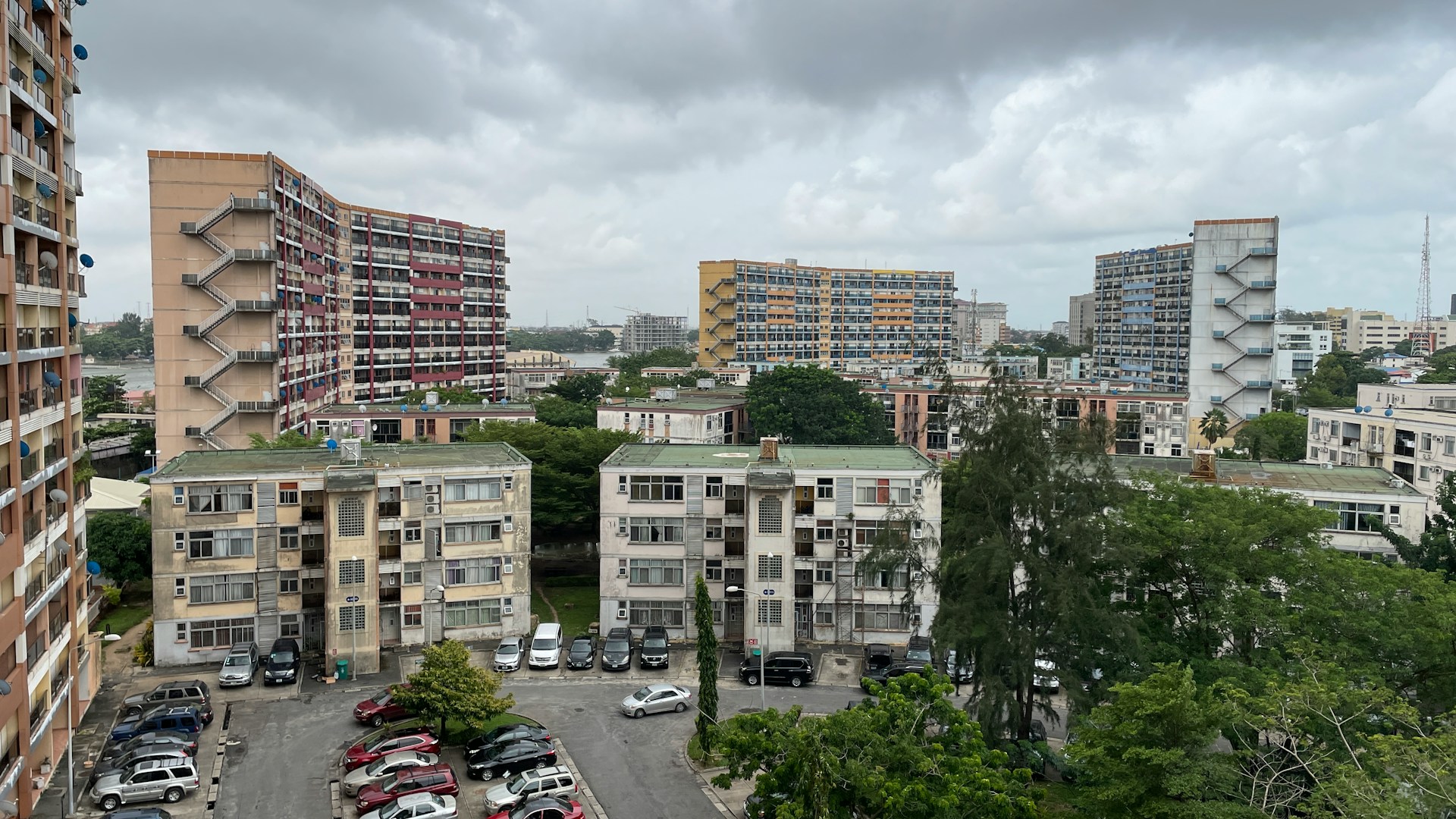Housing Policy in Nigeria
This paper considers housing policy in Nigeria as a tool for national development. It begins by examining the importance of housing in the attainment of sustainable development.
Housing Policy in Nigeria goes on to look at the various housing strategies programs and policies that have emerged in Nigeria.
The paper describes housing problems in Nigeria, housing as a policy, as well as the national housing policy.
Furthermore, it gives a review of housing policies and programs in Nigeria.
The identified problems that are associated with the implementation of housing policies in Nigeria are poor administration, inadequate funding, insufficient infrastructural amenities, as well as inadequate housing finance.
The paper housing policy in Nigeria recommends the periodic review of the housing policy, finance of housing policies, encouragement of the use of local materials, as well as the provision of low-cost houses in urban and rural places.
Housing is a crucial basic need of every human being just as food and clothing (Aribigbola, 2006:53).
It is very fundamental to the welfare, survival and health of man (Fadamiro et al, 2004). Hence, housing is one of the best indicators of a person’s standard of living and his place in society.
The location and type of housing can determine or affect the status of men in society. Kehinde (2010) noted that shelter is central to the existence of man.
He submitted further that housing involves access to land, shelter and the necessary amenities to make the shelter functional, convenient, aesthetically pleasing, safe and hygienic.
Hence, unsanitary, unhygienic, unsafe and inadequate housing can affect the security, physical health and privacy of man.
Invariably, the performance of the housing sector is one of the yardsticks by which the health of a nation is measured (see Amdii, 1993; Angel, 2000; Blunt and Dawling, 2006; Charles, 2003; and Sulyman, 2000).
Also read: URBAN HOUSING AFFORDABILITY AND HOUSING POLICY DILEMMAS IN NIGERIA

